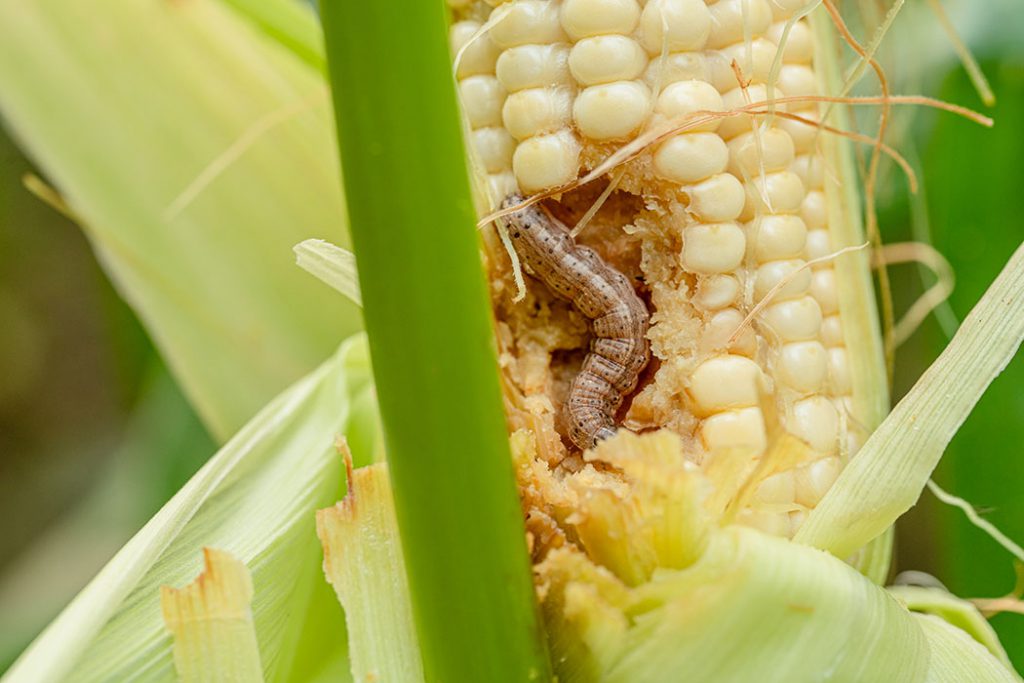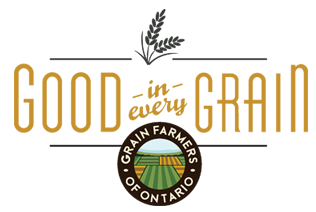Pesticide use: What is an insecticide?

This spring we are sharing the types of pesticides Ontario grain farmers can use. We are showcasing what insecticides and fungicides are and, today we are talking about insecticides! Insecticides have always been an important tool for farmers, whether applied by a sprayer or as a treatment on seeds before planting. Conventional and organic farms both use insecticides to manage pest pressure, and there are a lot of factors that affect when farmers are willing to apply insecticide. The decision to use an insecticide is never taken lightly by any farmer.
When scouting reveals a certain number of pests per plant or area, farmers must do something to protect their crops from severe loss. Before they even get to this point, modern farmers have already made a lot of decisions to prevent this kind of pest pressure, such as choosing the proper plant variety, rotating crops, and managing soil quality. Sometimes, even with these best management practices, insects still take over the field at a level that needs to be controlled.
Insecticides can be applied directly on seed before planting, or by spraying over the field, or as a powder in grain storage (after harvest) to keep grain storage pests at bay and keep grain at the highest quality possible. Farmers would rather use management techniques like crop rotation and variety selection because using insecticide can be very expensive. The cost of the product, plus the cost of application (time and diesel) can be prohibitive. Insecticides in high concentrations might also affect some beneficial insects, so it is only when necessary that farmers use this type of technology in the field.
